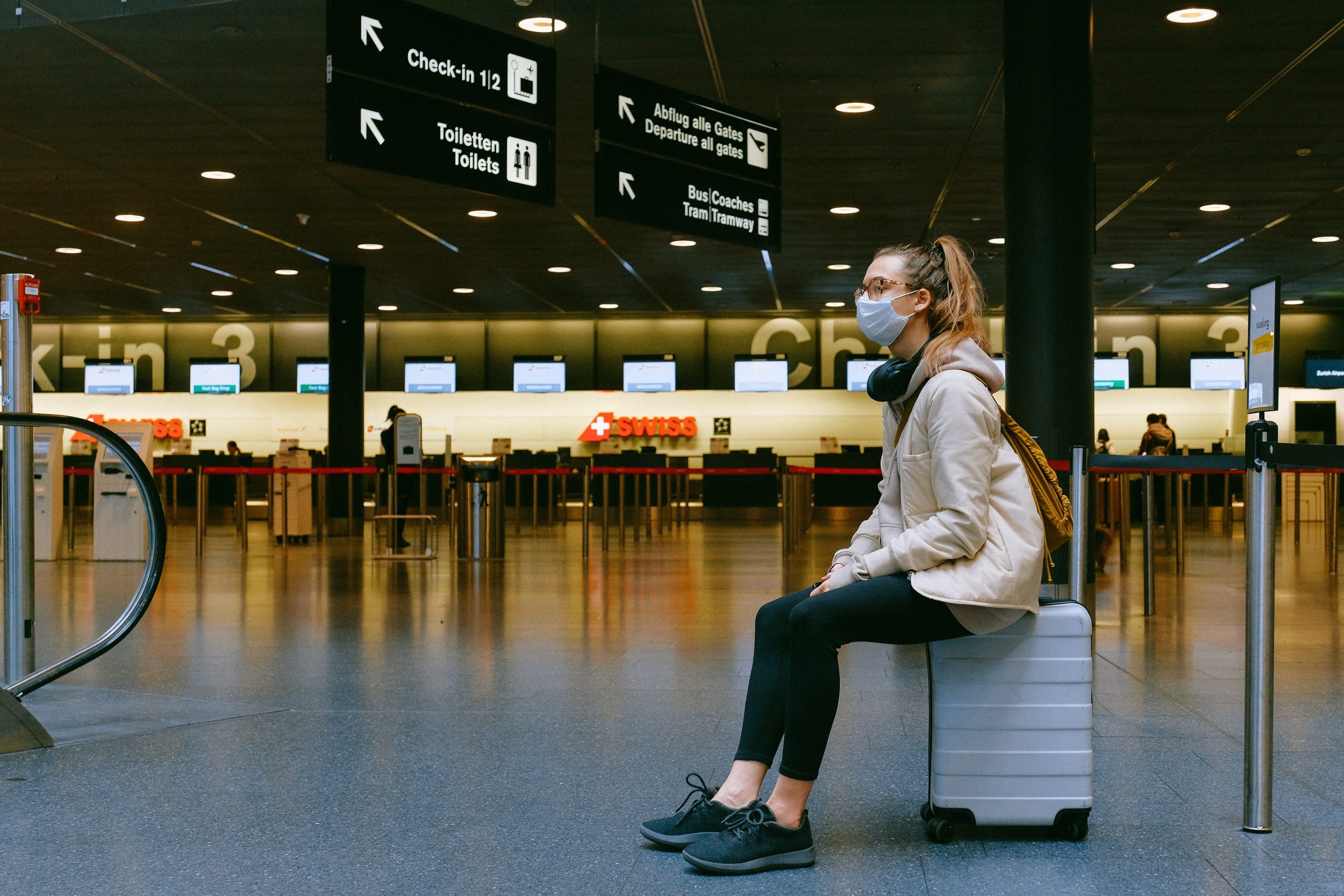In our latest editorial, we highlight growing grievances over Qatar’s Exceptional Entry Permits – a COVID-19 measure that although necessary, has ripped families apart.
Let’s be honest, Qatar could’ve done a lot worse in dealing with COVID-19 – but it didn’t. In fact it has so far outperformed most countries in the region and across the world despite topping the list of highest cases per capita.
These sentiments were cemented by Dr. Abdullatif Al Khal, Chair of the National Strategic Group on COVID-19 and Head of the Infectious Diseases Division at Hamad Medical Corporation, who this week said an additional million cases in Qatar were prevented because of the country’s rapid and effective implementation of health measures since the beginning of the outbreak.
Mandatory mask-wearing, a clear and consistent sanitisation awareness campaign and a complete lockdown, as well as major changes to employment and education routines, allowed almost three million people in Qatar to dodge infection and remain safe and healthy.
Read Also: Just an application number’: Frustrated residents left stranded over new Exceptional Entry Permit
Despite these achievements, Doha News has been inundated with complaints in recent months over one particular thorny issue: the Exceptional Entry Permit [EEP].
It has been three months since authorities announced the scheme, which was apparently designed to discourage residents of Qatar from exiting the country during the annual summer holidays in a bid to mitigate the risk of the spread of the novel coronavirus upon their return. The strategy would also moderate the return of some 300,000 residents and nationals that were already abroad when news of the airport closure was first announced.
Aside from the initial statement to announce the launch of the preventative measure, the government has done little to clarify how it works, how long the procedure takes and when it is expected to end. While many have flown in and out without much complications, thousands remain stuck abroad awaiting permits.
Families who opted to travel with full faith in the scheme remain ripped apart after several exhausting months. Employees who travelled home to visit their family and friends even prior to the pandemic and airport shuttering have lost their jobs, security and livelihoods. Funerals, weddings and other major life events have been missed or disrupted because of delayed or rejected EEP applications.
Other heart-wrenching accounts highlight the tragedies of parents separated from their children with fathers missing the birth of their babies.
Stuck in limbo
“I’ve had to delay my flight home twice already because I’m waiting for these rules to be lifted. I understand they are put in place for a reason, but at the moment, no one knows how long they will have to wait for a permit and the fear of not being able to return to my job in Qatar is enough to force me to stay,” one resident told Doha News.
“It feels like I am stuck in limbo,” they said.
Doha News has extensively reported on EEP’s and has carried residents’ concerns, but has yet to receive a response from the government despite several requests.
In August, it was estimated that more than 250,000 residents were abroad and waiting to come back to Qatar, and while some have returned, many have yet to hear back from authorities.
Discussions with dozens of residents have highlighted the lack of a solidified formula to outline who is prioritised by the government. In one case, a single blue collar male returning to Qatar from a high-risk country received his EEP after just several weeks.
Meanwhile, families from low-risk countries hoping to reunite in Qatar remain without either a decision or adequate information. In all cases, no reasons are given to justify why an application has been rejected – adding another layer of worry for applicants who then have to wait for a specified period of time before making a second attempt.
Dozens of other frustrated residents who spoke to Doha News have even gone as far as calling for the complete abolishment of the EEP scheme. While we do not support this somewhat counterproductive and hasty move, we do call on authorities to provide more information to quell increasing concerns over the EEP by millions of disheartened residents.
Read also: ‘It’s all a mess’: Residents stuck outside Qatar but still paying rent
Eight months into the global health crisis, the numbers are quite clearly in Qatar’s favour. As of Saturday, 130,965 cases of COVID-19 have been recorded with more than 127,868 already recovered. So far, 229 people have died of the infection in Qatar.
“The response of the healthcare system on criticality and mortality has been remarkable,” Dr. Al Khal said. He’s not wrong.
Just a look across the borders or a scroll through headlines from other countries is enough to inject gratitude into the hearts of Qatar’s residents.
Quick action and overall competence has proven to bear fruit for authorities. But as the country begins to reintroduce strands of pre-pandemic normalcy and the number of cases gradually decrease, the government should now turn its focus on pleas for urgent and transparent information that could determine the fate of thousands stuck in limbo.
For the millions of foreigners that have served their new home country across all sectors in the past few years, now is the time for authorities to extend their compassion to assure they have not been abandoned.
Read our last editorial: Qatar’s new labour laws: After celebration must come work
Follow Doha News on Twitter, Instagram, Facebook and Youtube







